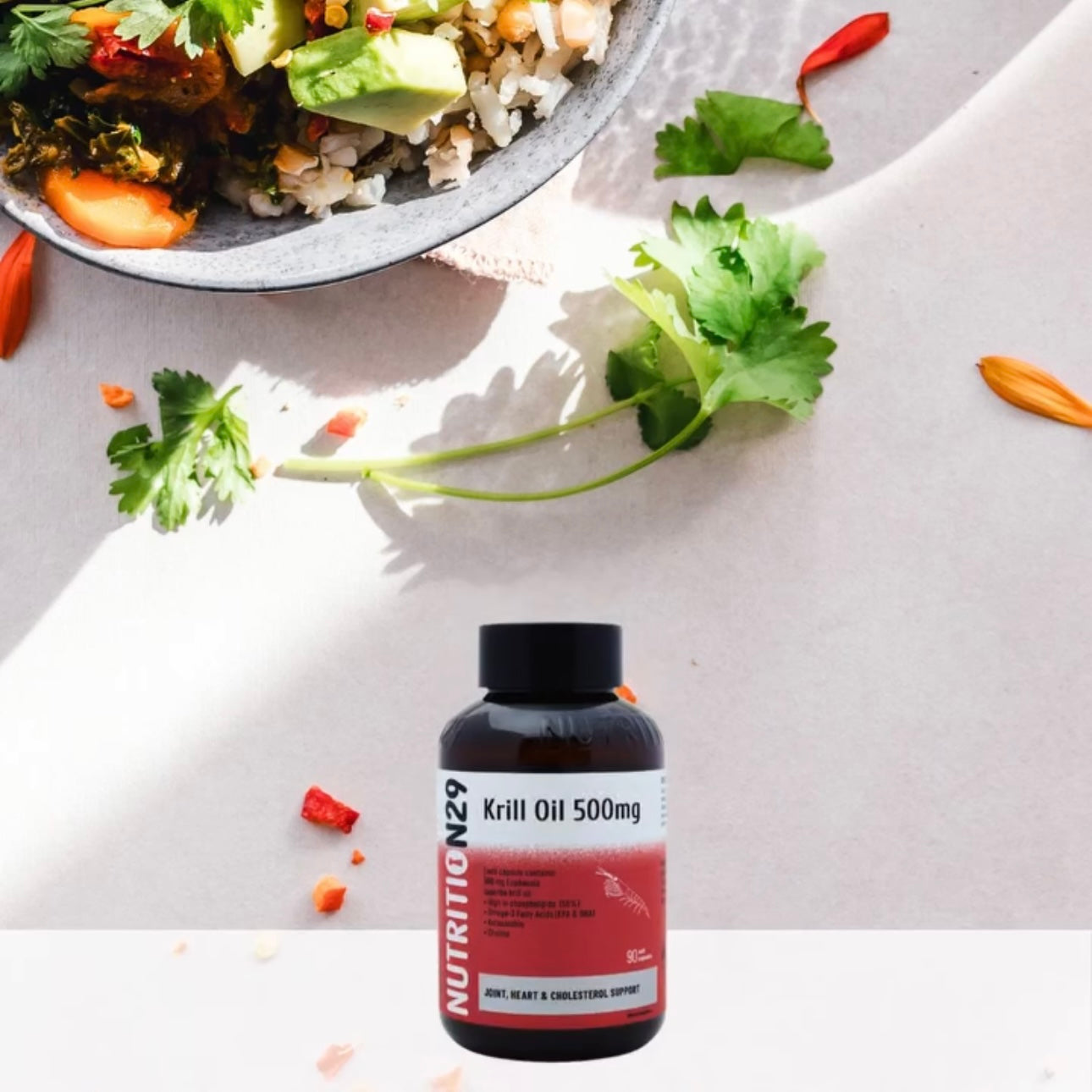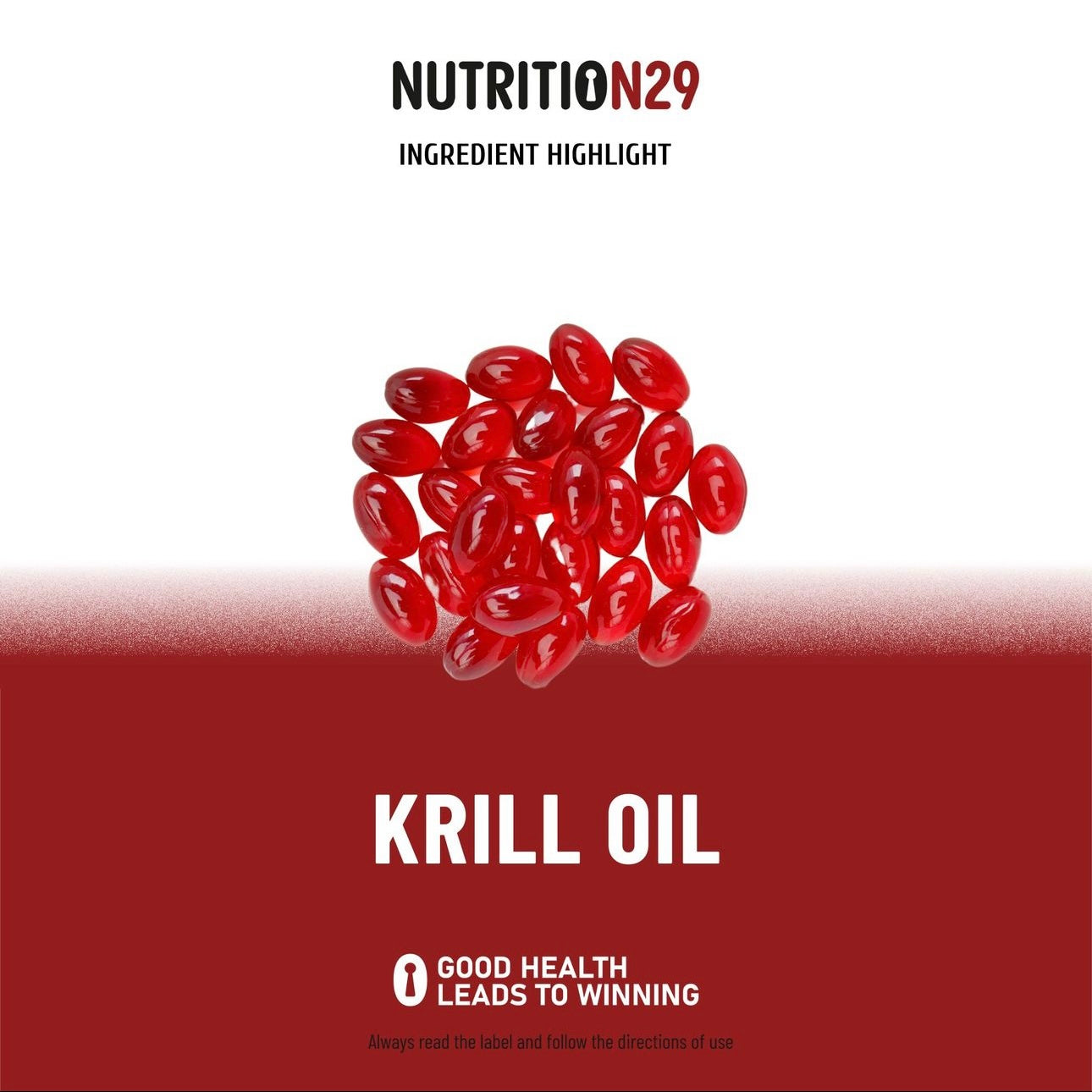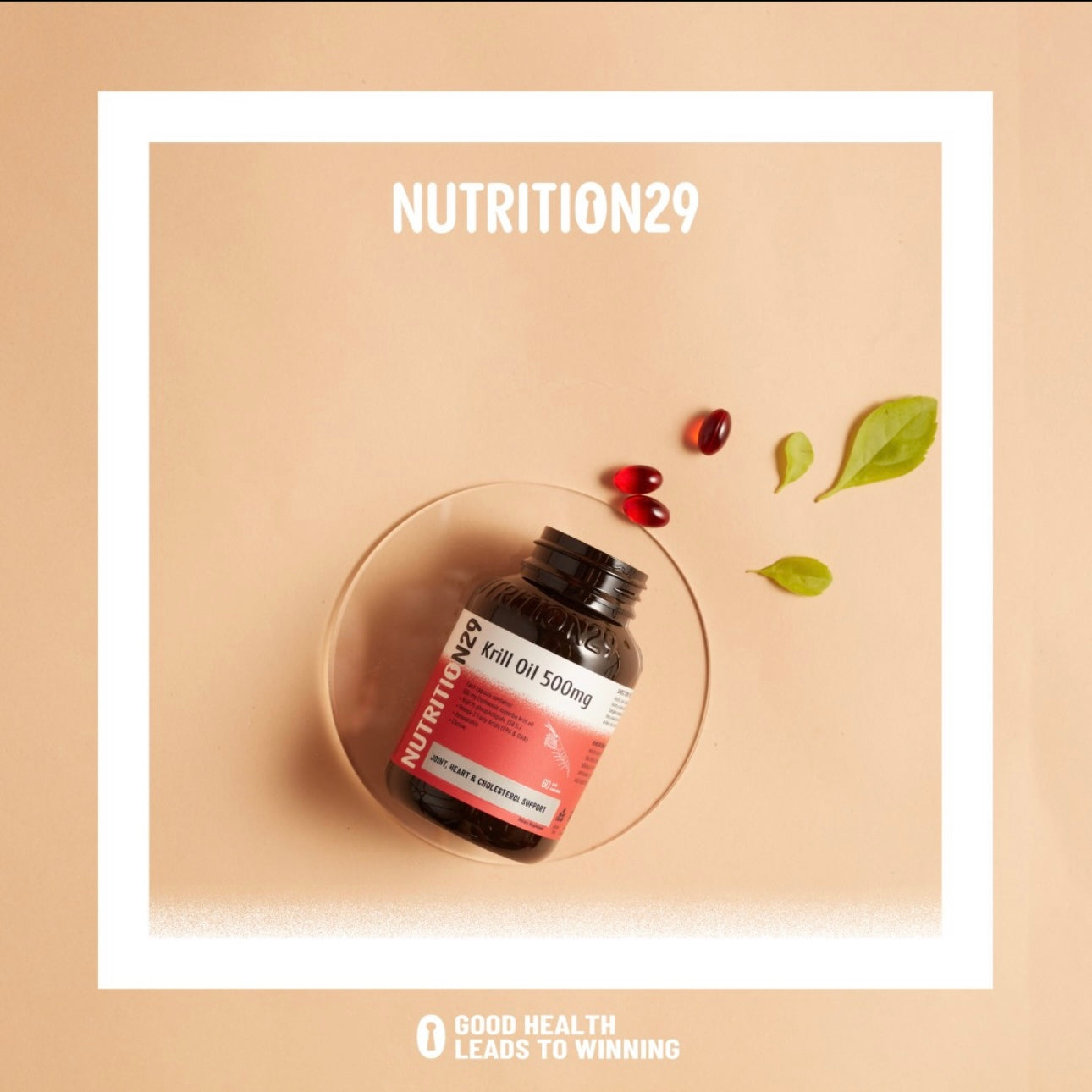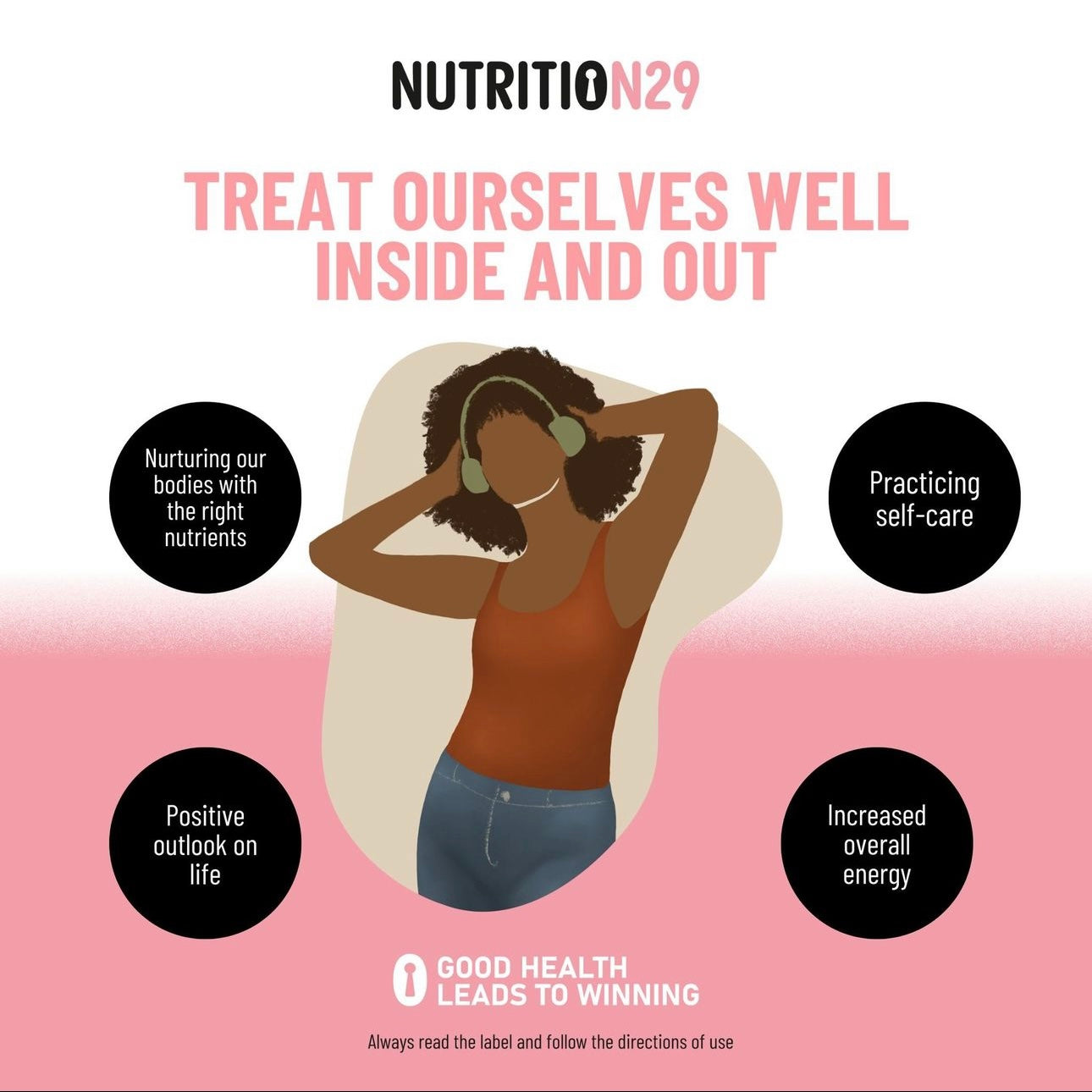This is How Your Body Changes in Your 30's, 40's & 50's
Just like life, death and taxes - ageing is inevitable, and as Jaime Lee Curtis, 58, puts it (unlike taxes) getting older is also a blessing, “We are all going to age and soften and mellow and transition. All of us, if we are lucky enough to make it through this hard life into older adulthood."
While, at Skin Physics, we couldn’t agree more about the importance of ageing gracefully without prodding and poking ourselves with unnecessary cosmetic surgery, we also think it's imperative to keep our skin and bodies as fit, youthful and healthy as they can be through natural non-surgical ways as those years tick by.
Here’s how your body changes and how you can aid it to age gracefully.
In your 30's...
What Happens
When you farewell your 20’s you also often start to say goodbye to some muscle tone too. At the big 3-0 muscle atrophy starts to kick in, which is when your muscles begin to shrink.
How to Combat it
Step up your exercise regime, add some light weight lifting to your gym routine or sign up to classes that involve lifting like Body Pump.
In your 40’s...
What Happens
As you enter your forties your skin starts to dry out much faster than it did in earlier decades, meaning more pronounced lines and wrinkles. Your face also starts losing fat deposits causing skin to sag.
How to Combat it
Hydration is key here, rather than injecting your face with nasty chemicals, try a deeply hydrating night cream or a wrinkle filler for an instant fix! Our faves? Dragon's Blood Deep Wrinkle Filler ( £43.00 ) , Dragon's Blood Ultra Plumping Night Cream (£54.00).
TIP: For an extra hydration boost add a couple of drops of facial oil to your night cream. We recommend Nature's SUPEROIL ( £28.99 )
In your 50’s...
What Happens
In Australia the average age a woman hits menopause is 51. In this time it’s common to experience symptoms like hot flushes, belly fat gain from a slowing metabolism (metabolism slows down by 5% per decade) and fatigue.
How to Combat it
Keep a record of what sets off hot flushes - like spicy foods - and try and avoid them. As for menopausal weight gain, unfortunately it comes down to good old fashioned healthy eating and working out; try a daily brisk walk and controlling portion sizes.










